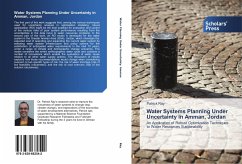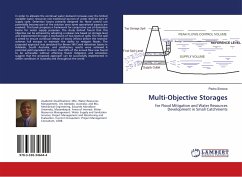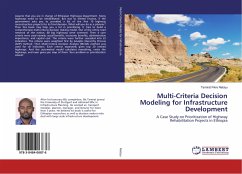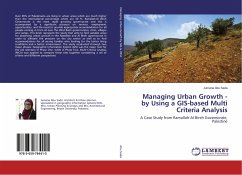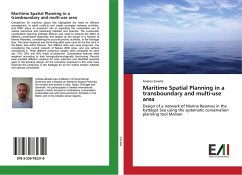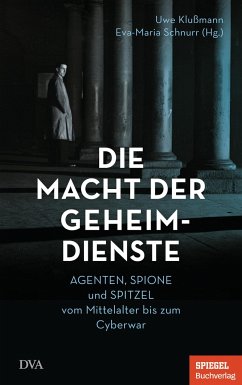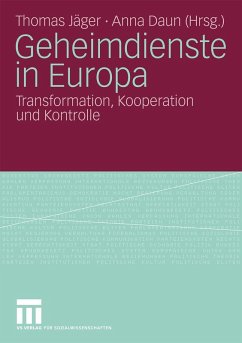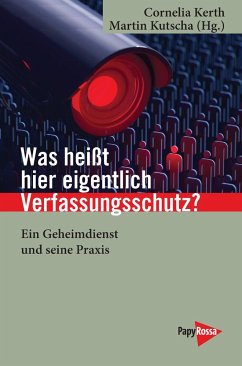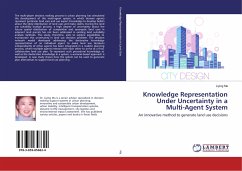
Knowledge Representation Under Uncertainty in a Multi-Agent System
An innovative method to generate land use decisions
Versandkostenfrei!
Versandfertig in 6-10 Tagen
37,99 €
inkl. MwSt.

PAYBACK Punkte
19 °P sammeln!
The multi-player decision making process in urban planning has stimulated the development of this multi-agent system, in which domain agents represent particular land uses and use expert knowledge to develop beliefs about the likely distribution of land uses and make claims. During the land use suitability analysis process, a high degree of uncertainty about the future spatial distribution of competitive and synergetic land uses in adjacent land parcels has not been addressed in existing land suitability analysis methods. This study, therefore, aims to explore possibilities to incorporate this...
The multi-player decision making process in urban planning has stimulated the development of this multi-agent system, in which domain agents represent particular land uses and use expert knowledge to develop beliefs about the likely distribution of land uses and make claims. During the land use suitability analysis process, a high degree of uncertainty about the future spatial distribution of competitive and synergetic land uses in adjacent land parcels has not been addressed in existing land suitability analysis methods. This study, therefore, aims to explore possibilities to incorporate this uncertainty in land use decision problem. The decision network model developed addressing the declarative knowledge representation of an individual agent to make land use decisions independently of other agents has been integrated in a realistic planning process, where multiple agents interact with each other to arrive at a final, collaborative land use plan. To represent such procedural knowledge as well as the declarative knowledge in a system, a scenario-based approach is developed. A case study shows how the system can be used to generate plan alternatives to support land use planning.



